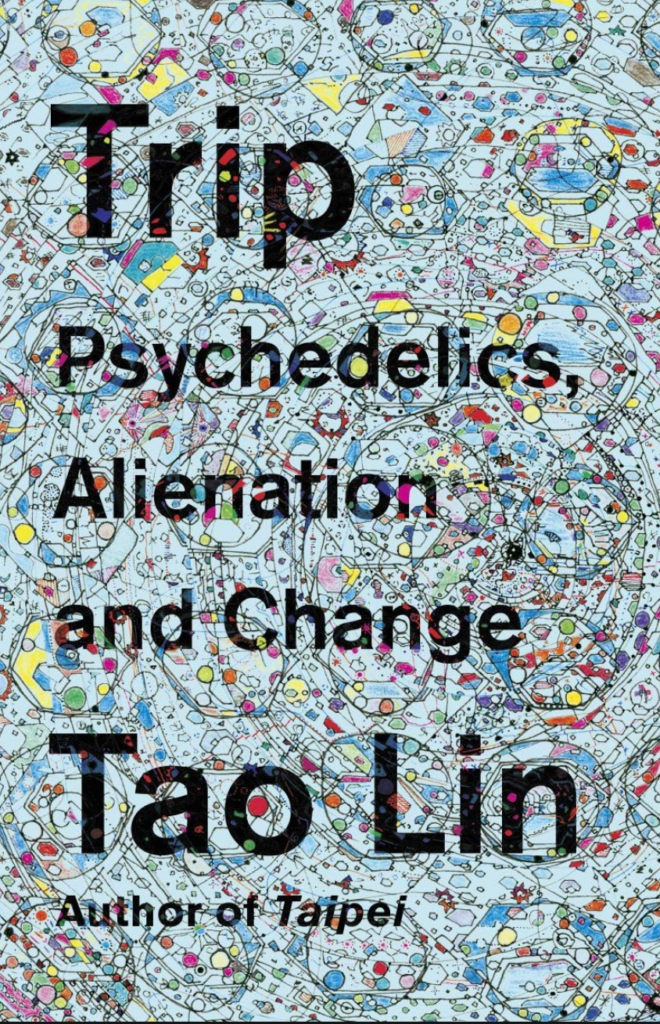 Tao Lin is either a complete genius or a complete sham. Having spent a few hours looking at videos on YouTube of him presenting his childlike scribbles to a roomful of New York’s finest literati — who chuckle along not sure whether he’s serious or just the deadest pan comedian ever born — I have no idea still what to make of him. All I do know is when I finished this book during a solitary trip abroad, it made me incredibly angry, for about three days. and I don’t know why my being alone for a week in probably the dirtiest hotel room I ever stayed in when I read it is even relevant. But somehow, that isolation (and the dirt) heightened the book’s effect.
Tao Lin is either a complete genius or a complete sham. Having spent a few hours looking at videos on YouTube of him presenting his childlike scribbles to a roomful of New York’s finest literati — who chuckle along not sure whether he’s serious or just the deadest pan comedian ever born — I have no idea still what to make of him. All I do know is when I finished this book during a solitary trip abroad, it made me incredibly angry, for about three days. and I don’t know why my being alone for a week in probably the dirtiest hotel room I ever stayed in when I read it is even relevant. But somehow, that isolation (and the dirt) heightened the book’s effect.
Lin writes an annoying and almost boring brand of non-fiction/literary fiction now known as literary non-fiction. The field of literary fiction is throwing even more weirdly-shaped hybrids into the bag. In the book, Lin presents as dysfunctional and unhealthy, journeying into a belated discovery of the now deceased psychedelic guru Terrence McKenna, DMT, mushrooms, hashish, and LSD. Fictional accounts make his life sound so poetic and interesting but it’s maybe just his massive verfabula sticking out.
The book *real?* version of Lin spends his days refreshing web pages alone, divorced, and involuntarily celibate, blaming pesticides for his issues in a small grey room in New York City that he rarely leaves. His issue is simple: he does nothing, all day. He avoids this depressing fact by hiding in psychedelics, but has an awful experience every time he tries them. When tripping, he gets paranoid and destroys his computer and online presence. This should tell him something: he has no offline life, but he can’t see it, so thinks there is no message each time. Instead, he takes every opportunity to get uselessly stoned and waffle on to people and embarrass himself.
What is telling is that he also cannot see that McKenna died because he did psychedelics – who gets frontal cortex cancer? McKenna even stated he regretted taking so many drugs in this very book. Later, Lin switches to third-person POV, to tell the “special” story of visiting McKenna’s widow in San Francisco, which is a big deal because he must leave the apartment on his birthday.
What’s more frightening is the level of nihilism and lack of self. If this were a purely fictional book, it would be called, “Patrick Bateman Tries Drugs”. Much like the self-destruction in “Hunger” by Knut Hamsun, the headlong carelessness in Lin’s character runs him into the worst parts of a situation in the name of art. But without a scrap of empathy, it’s a revolting way of acting with others. Downhill comes after he has an incident with DMT. It’s car-crash reading. By the end, Lin is somewhat damaged and unable to think normally. He believes everyone is a CIA agent looking to “get” him.
Lin’s character does not expand his reality as he believes, instead he finds a deeply horrible space to hide from it. An exercise in semi-autobiographical fiction that is vaguely successful in that it provokes anger or sadness due to the lack of happiness this character/writer has in his world. Trip is a bit like dropping something unknown and rolling with the journey your reality creates, moving but also horrible. For that reason, this book is worth a read, and then maybe another one. Did I learn anything? Yes, something may have gone walkabout. I guess that’s where the subtitle comes in. Alienation and Change.
Available At

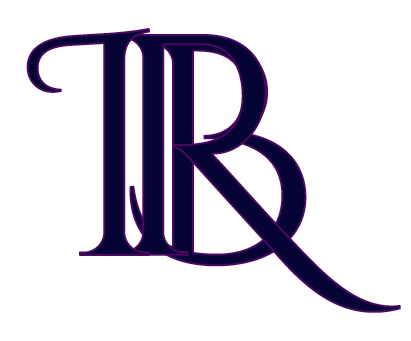
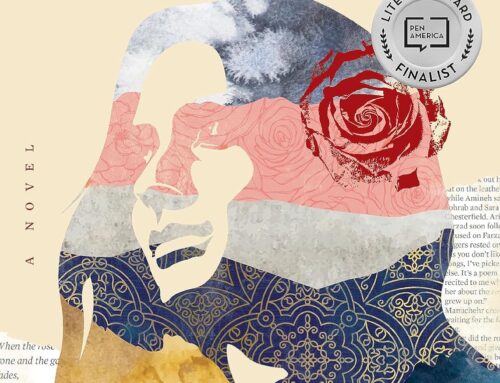
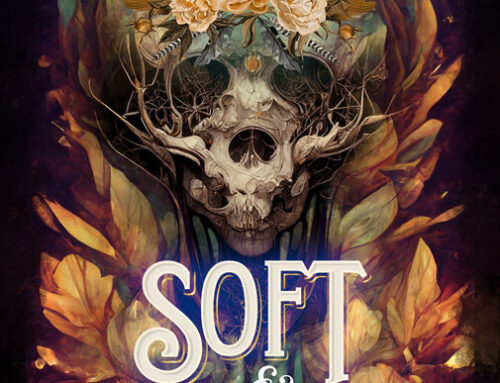
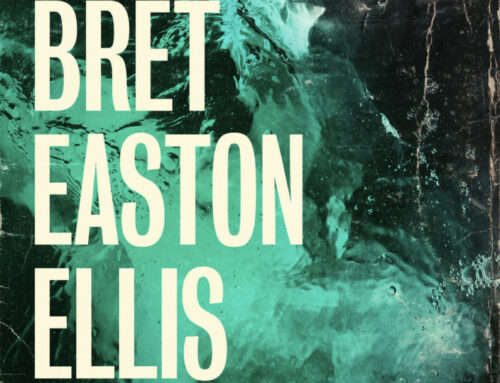
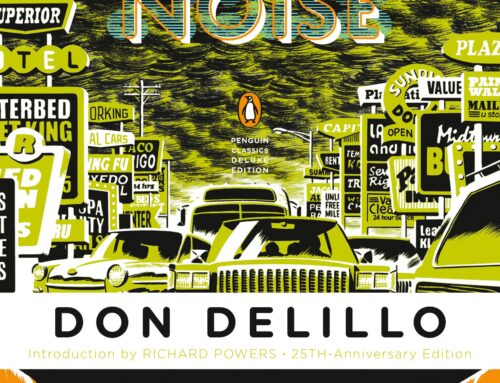
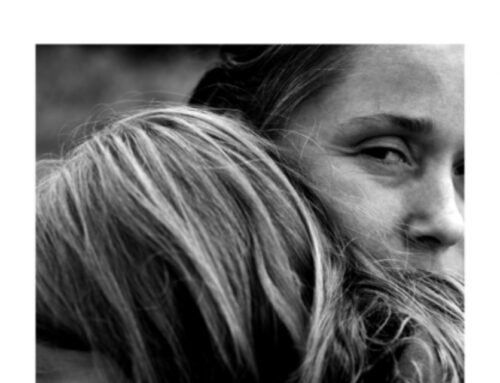
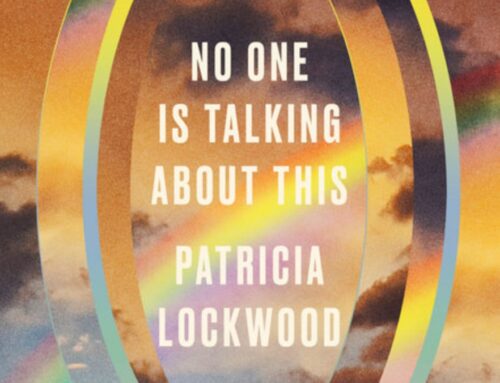
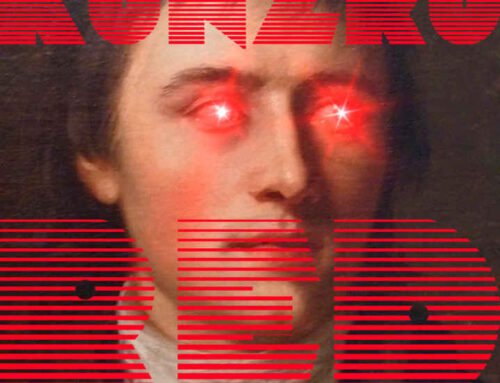

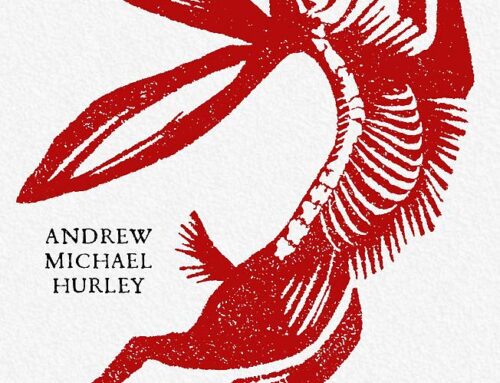
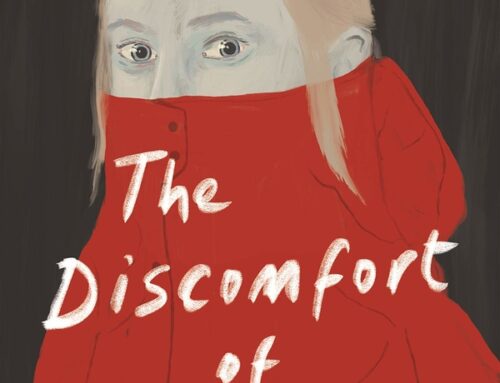
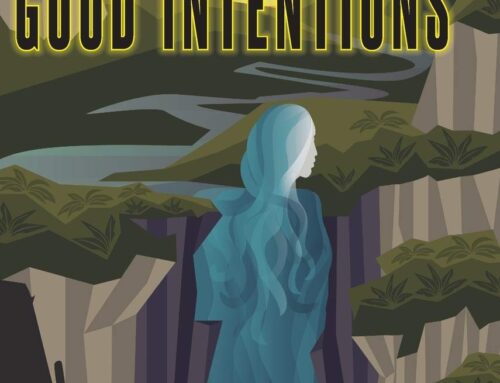

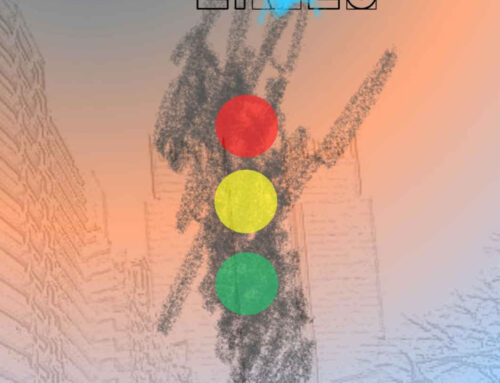
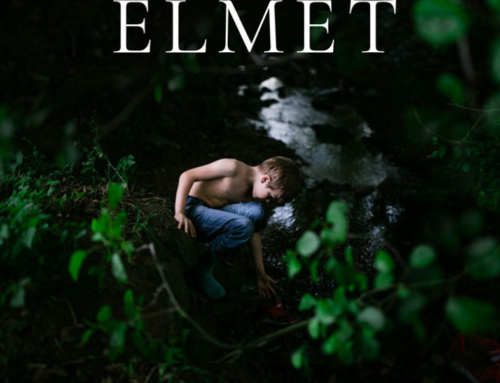
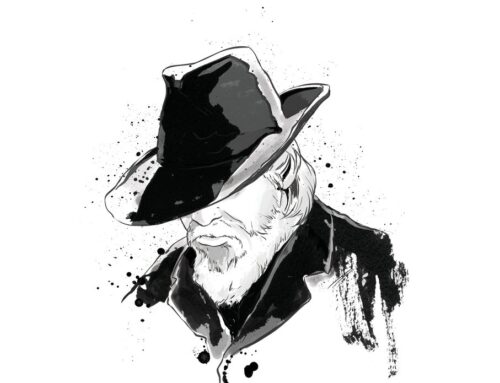
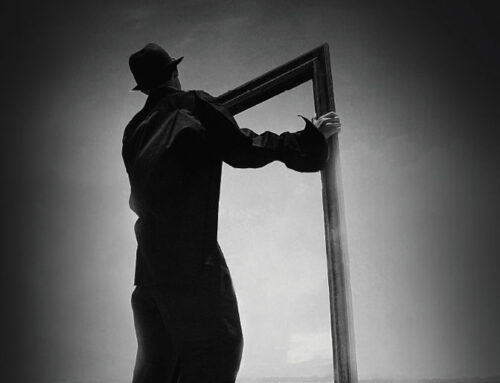
Leave A Comment